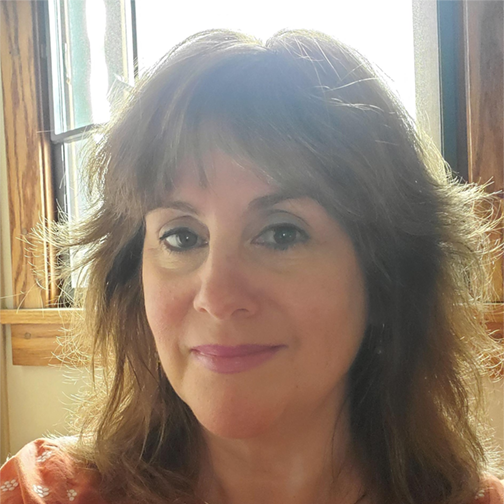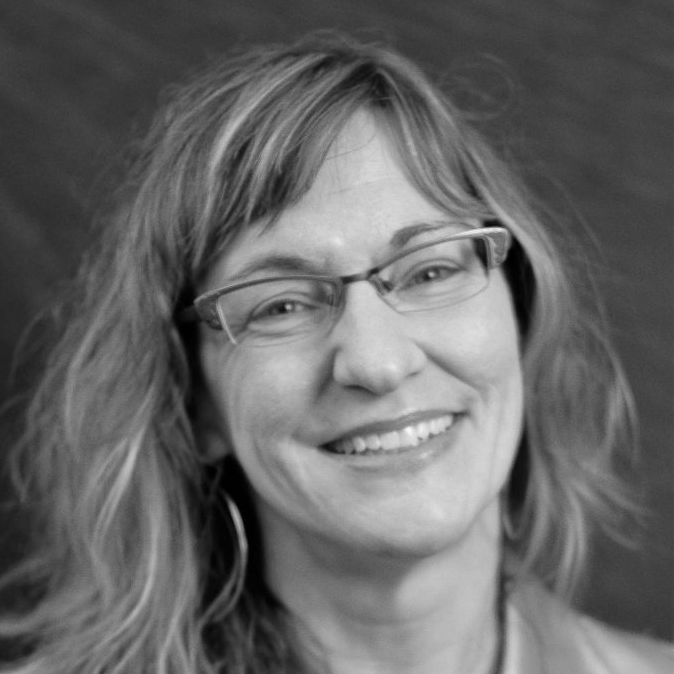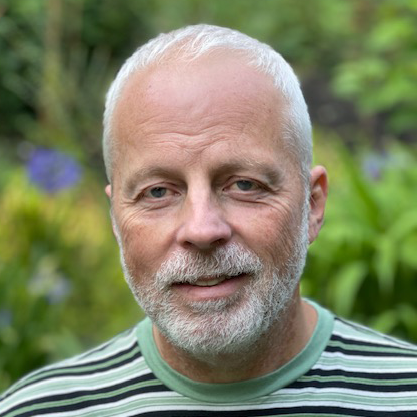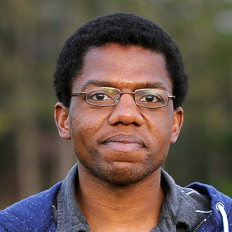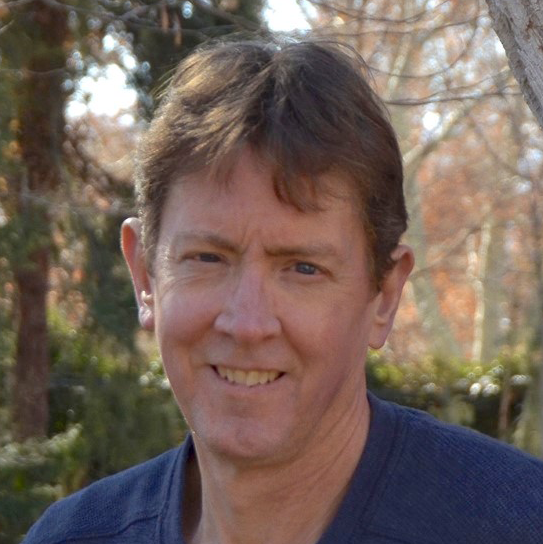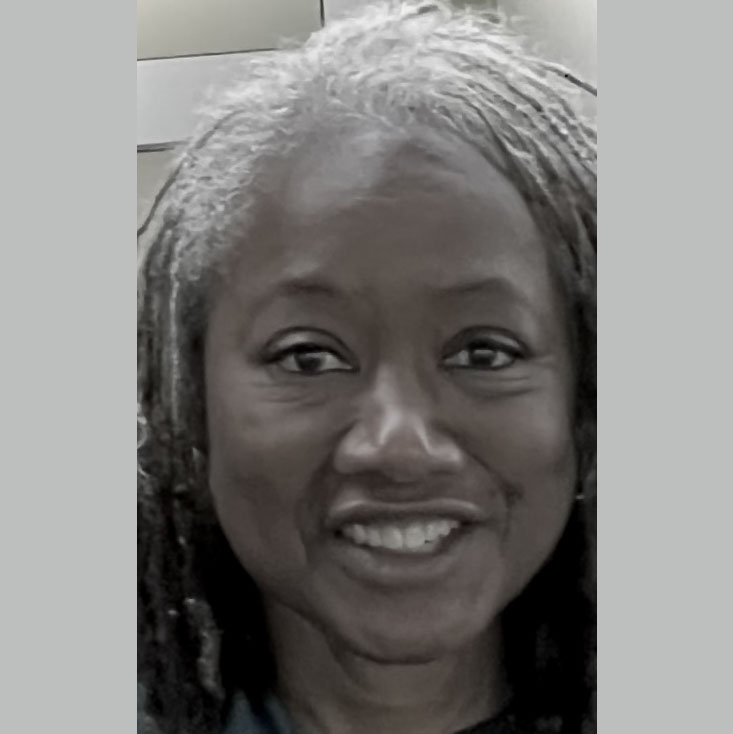Spring 2024
3
Community, Discipline, & Perspective
Elissa Favero, Contributing Writer (Class of 2024)
Community, Discipline, & Perspective
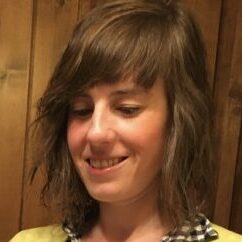
Elissa Favero
Contributing Writer
Class of 2024
To celebrate RWW’s twentieth anniversary, the Soundings staff reached out to several alums from across many years of the program with the question “How has RWW shaped your writing life?” Their responses reveal the many ways RWW has, over the course of two decades, grown a community with reading, writing, and care at its center.
From Tina Schumann, c/o 2009
My experience with RWW influenced my writing life (and life in general) in more ways than I could have imagined, and that influence continues today. Beyond expanding my knowledge of craft and technique (which is invaluable), my years at RWW gave me my tribe—my people. In turn, a true sense of self emerged. I entered the program at age forty-two and had, until then, felt myself to be a bit of an odd duck. While I had close friends and a loving family, I did not share my passion for poetry and the written word with them for fear of being seen as an outsider or weird or an elitist or . . . you name it. I had been doing this for decades! A part of my authentic nature was deeply shut off. So you might say that RWW resuscitated me and put me on the road to my true calling, surrounding me with lifelong friends and mentors who get and support me like no others. To say it was life-changing is putting it mildly.
Tina Schumann is the author of four poetry collections: Boneyard Heresies, winner of the 2023 Moon City Press Poetry Award; Praising the Paradox; Requiem: A Patrimony of Fugues, winner of the Diode Editions chapbook competition; and As If, winner of the Stephen Dunn Poetry Prize. Schumann is also editor of the anthology Two Countries: U.S. Daughters and Sons of Immigrant Parents. Her work has appeared in publication since 1999, including in Ascent, Cimarron Review, Hunger Mountain, Michigan Quarterly Review, The Missouri Review, Nimrod, Poetry Daily, Rattle, Verse Daily, and NPR's The Writer’s Almanac. Schumann is a 2009 graduate of Pacific Lutheran University's Rainier Writing Workshop.
From Marj Hahne, c/o 2015
My MFA makes me feel more legitimate as a teacher, but the most enduring outcome of my RWW experience is knowing who I am as a poet/writer, who I am not, and where I need more training. Given my as-yet unrealized ambition to publish a book, I’ve had to face myself down and own my agency in the matter of “making it” in the current national literary landscape and publishing climate: What am I willing to do (with my finite resources)? What am I not willing to do? Do I have the chops, at all? The faculty during my time at RWW modeled a liberating permission to cultivate one’s individuality, an approach that sustains me as I continue to clarify why I write and where I belong in the literary community.
Marj Hahne is a freelance editor, writer, and teacher, and a 2015 MFA graduate of the Rainier Writing Workshop. Her poems have appeared in literary journals, anthologies, art exhibits, and dance performances. She reads poems to dogs and pairs poems with craft beers, spirits, and coffee for her YouTube channel.
From Warren Read, c/o 2015
In considering the question, one of the things that always comes to mind is the importance of reading like a writer.
The requirement of the program to make reading—and critical writing—a key part of the process changed the way I viewed my own craft and exposed me to writers and work I’d never even heard of. When I find myself “creatively dry,” pausing and taking the time to read the work of someone I admire often helps. Even reading work that I find awful often gives me enough confidence in my work to “reboot” my energy!
Warren Read is the author of the 2008 memoir The Lyncher in Me (Borealis Books), the award-winning novel Ash Falls (Ig Publishing, 2017), and the New York Times notable pick One Simple Thing (Ig Publishing, 2021). He retired from a thirty-one-year career in education in 2022 and is currently working on a new novel.
From Bernard Grant, c/o 2016
My MFA led to some wonderful literary experiences, including residencies, conferences, retreats, and a PhD program in creative writing and literature. I would not have had the confidence to do any of these things if not for the RWW mentors who taught me how to revise. Most importantly, RWW gave me a writing practice that continues to sustain me.
Bernard Grant’s stories and essays have been published in CRAFT, Third Coast, New Delta Review, and The South Carolina Review, among other publications. Bernard holds an MFA from Pacific Lutheran University and a PhD from the University of Cincinnati. They work as an associate fiction editor at Tahoma Literary Review.
From Ted Olson, c/o 2019
I’m seeing the beauty and singularity of small things—not just objects, but small behaviors, too. That’s where it gets fascinating! It’s an observational curiosity that I’m enjoying but have yet to perfect. Marjorie Sandor referred to it as “d’rashing”—or being intently inquisitive. Kent Meyers referred to it as finding “moments of strangeness.” Whatever you call it, or however you define it, that penchant for detail or the unusual makes life and writing more poetic—and much more fun. Additionally, from my first residency at RWW, I’ve also come to appreciate the lives and diverse perspectives of other writers. I can’t quantify the effect, but it seems those four years of residencies have expanded my viewpoint by validating others’ viewpoints. That leads to greater empathy. At least that’s how I’m feeling it. And that’s a wonderful gift.
Ted Olson is a member of RWW Cohort 13 and proud to be claimed in that group with fifteen other writers and teachers. He freelances as a developmental editor and has self-published one novel, Cape Wrath. He’s preparing to submit his next novel, The Corporal of Loupeigne, to agents and independent presses.
From Preeti Parikh, c/o 2021
Books have always been integral to my inner landscape, and I delved into writing early on. Despite this attraction toward the page, writing wasn’t central to my personal and professional life initially, as I studied medicine, moved to the United States, and started a family. In later years, the urgency to write deepened, and I heeded this internal call. My beginnings were small until a meeting with Rick Barot at Bread Loaf led me to RWW. There, under the guidance of my mentors David Biespiel and Jennifer Foerster, I broadened my literary exposure, strengthened my observational capacities, and achieved breakthroughs in critical and creative writing skills. Through my multipronged OE project, I probed into obsessions with fabrics, textile-making, and indigo. I also traversed the borders of languages and genres, experimenting with the lyric-prose continuum and the interplay of text and image. My RWW journey emboldened me to take risks and expand my artistic reach. I developed trust in my work and leaned into a generous community.
Preeti Parikh is an Indian-origin poet and essayist. Her writing appears in Beloit Poetry Journal, The Cincinnati Review, The Margins, and elsewhere. A Kundiman Fellow and recipient of grant awards from the Sustainable Arts Foundation and the Ohio Arts Council, Preeti is at work on her debut manuscript of poems.
From Lynette Vialet, c/o 2022
My mantra before RWW—draft, edit, done. RWW taught me discipline with deadlines, close reading, and the work of writing. Now, my writing is shaped by way of sculpture. Instead of clay or rock, hand or chisel, words and sentences are the substance and tools to create, revise, and slowly craft my many drafts into an artistic form. The process, writing and more writing, is something I abhorred before RWW; now it is a joy (most of the time). I feel I have permission to expand my boundaries, play and experiment; but also, I am more aware of my weaknesses: abstraction, endings, lack of interiority, getting feedback from others.
I have more confidence to write with abandon, accumulating more words and sentences and pages and drafts, to find the written creation, my David, waiting to emerge.
Lynette Vialet is a native New Yorker of Caribbean descent. Her writing melds medicine with cultural identity, race, gender, class, and the ineffable. Her work appears in The Examined Life, Rooted2-The Best Arboreal Nonfiction, and The Permanente Journal and was longlisted for the 2021 Fish Short Memoir Prize. She resides in Denver, Colorado.
From David Taylor, c/o 2023
Before joining RWW, I was lucky to have a healthy writing group where I received smart feedback on my fiction. Since graduation, though, I see how RWW put me back in training. Now I have a better balance of reading, drafting, and rewriting than before. I take in feedback with more thought and from different angles. Plus, I make time to sit and stare without any purpose, to let things percolate. (Thanks, Jenny Johnson, for fresh angles on that.)
When my submissions to journals had fallen off, RWW motivated me to send out my work again. In one of our mentor meetings last fall, Scott Nadelson suggested I create structure, especially for the months after graduation. Doing that helped me adjust to getting back the free time released from no longer having deadlines for critical papers. Suddenly, I had time to preorder Scott’s new novel, Trust Me.
David Taylor’s fiction has appeared in Washington City Paper, Gargoyle, Barrelhouse, Jabberwock, and The MacGuffin. His debut collection, Success: Stories, received the Washington Writers’ Publishing House fiction prize. His nonfiction includes Soul of a People, about the 1930s WPA writers. He received his MFA from RWW in 2023 and teaches in the Science Writing Program at Johns Hopkins.

